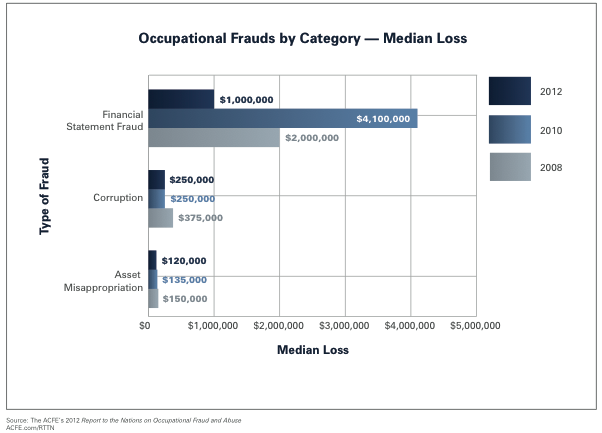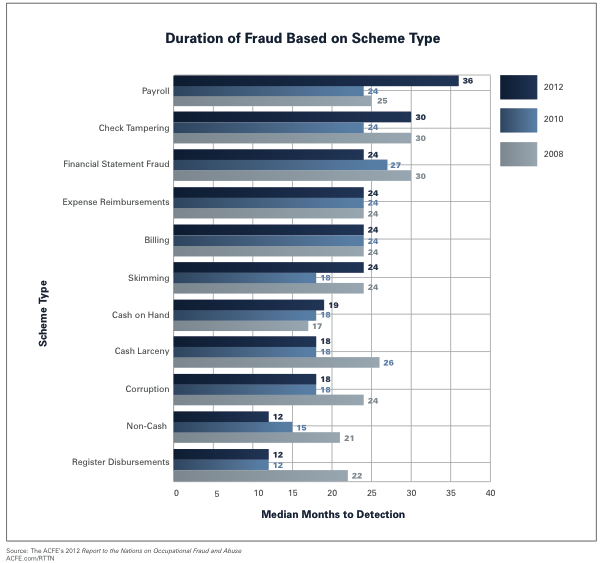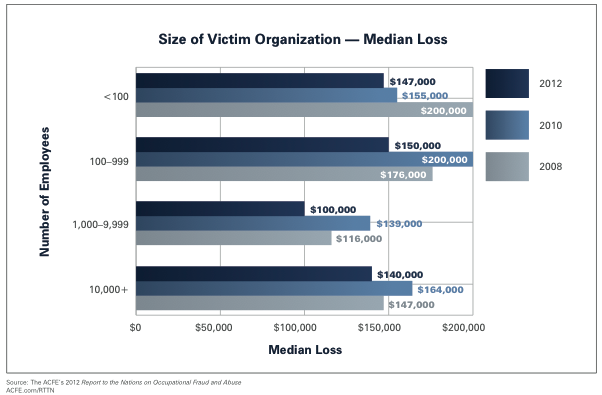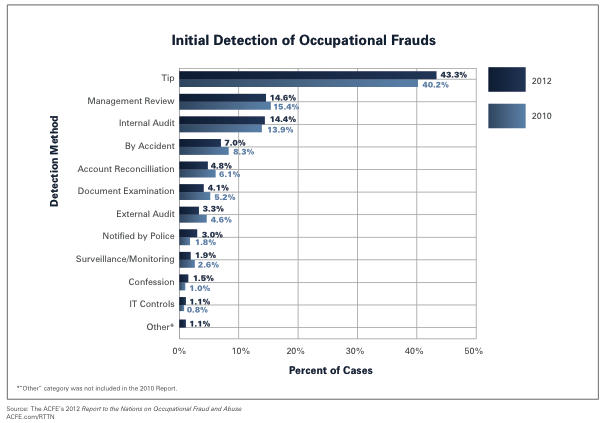As an editor of a publication, I get a lot of emails that don’t amount to much — mostly press releases. But every once in a while, there is a gem in a pile of useless information. Today, I found a gem. The following are the three most curious claims as reported by Mercury Insurance’s Special Investigations Unit:
- A Shot in the Dark — An LAPD gang detective reported his expensive BMW stolen from a Los Angeles-area strip mall. Police responded quickly, but became suspicious when the detective’s nephew arrived on scene seconds later to give him a ride home. Doubts deepened when the detective suffered a mysterious gunshot wound shortly after they theft. He alleged the shooting and theft were gang retaliation for his work fighting gang crime in the city, but the real story turned out to be quite different. LAPD and Mercury’s SIU were able to prove the detective orchestrated everything, including the shooting, in an attempt to defraud Mercury out of thousands of dollars. The investigation revealed the detective was more than $1 million in debt and he faked the carjacking to collect on his insurance policy. He then shot himself trying to bolster his disintegrating story, but later pled guilty to all charges and was sentenced to prison. His claim was denied.
- Oscar-Worthy…Not So Much — The insured’s car lightly collided with a stationary public bus. The much larger bus didn’t budge and no damage occurred to either vehicle, though one woman onboard claimed she suffered significant neck and back injuries. The SIU went to work investigating this injury claim and uncovered video footage of what transpired.
buy cozaar online bristolrehabclinic.ca/wp-content/uploads/2023/10/jpg/cozaar.html no prescription pharmacy
You be the judge: (click here to watch the video). That flop puts soccer players to shame. No surprise, her suit was dismissed by the court.
- Let It Burn — The insured owned a $160,000 motor home and was having trouble selling it. Conveniently, it became the target of an arsonist – setting up the insured for a major payday. Think that sounds a bit too good to be true? So did investigators. The arsonist, who turned out to be the insured’s next door neighbor, was severely burned during the crime and quickly arrested. SIU investigators then obtained the name of a middleman, a 22-year-old friend of the insured, who hired the arsonist. Prior to any interrogation, though, he died in a suspicious motorcycle accident following a night of drinking with, you guessed it, the insured. As SIU’s investigation continued, the arsonist was handed a 16-year prison sentence. While serving time, his recorded prison phone calls implicated the insured as the architect of the crime and the ploy was exposed. The insured received a hefty prison sentence and his claim was…denied.
buy proscar online bristolrehabclinic.ca/wp-content/uploads/2023/10/jpg/proscar.html no prescription pharmacy
“I’m continually amazed by some people’s brazen, foolish attempts to cheat the system,” said Dan Bales, Mercury’s national director of special investigations.
Brazen and foolish seem like a bit of an understatement.






